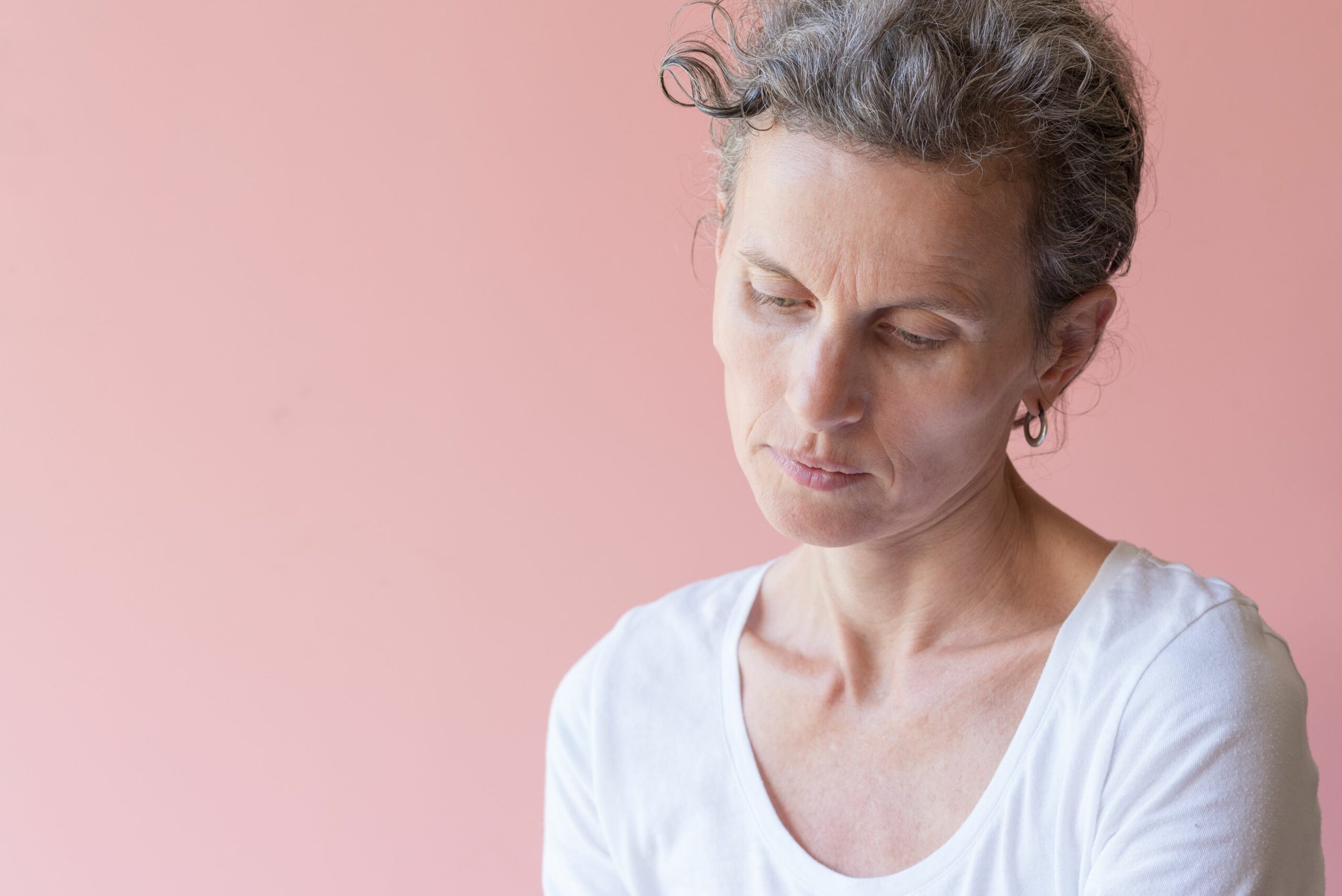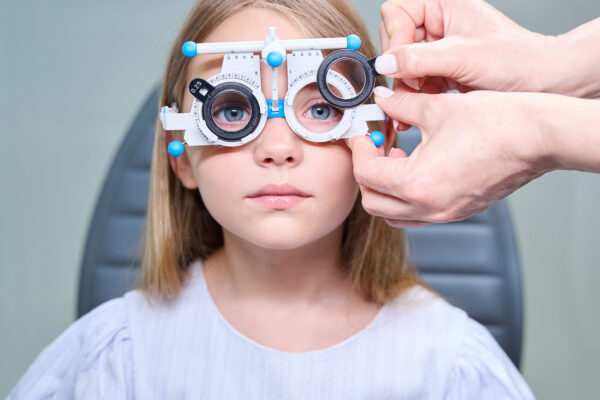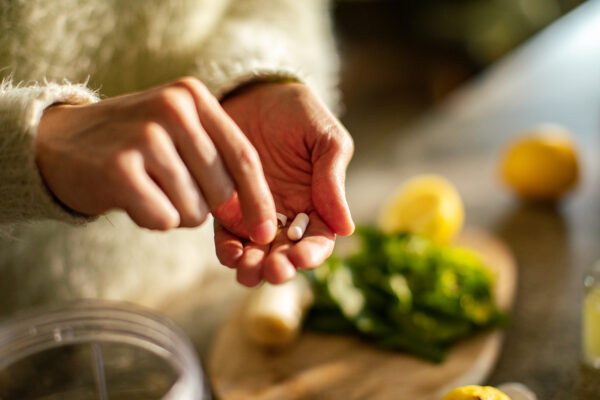Managing The Symptoms of Menopause Naturally
Vitamins D and K2 To The Rescue
By Joel Thuna
Menopause is a natural process. Every woman (usually between the ages of 45 and 55) will experience menopause. It is not a condition or a disease. Menopause is a natural biological process. But the physical symptoms, such as bone density loss, hot flashes, and emotional symptoms of menopause can have significant health implications. They may disrupt your sleep, lower your energy level, cause heart issues and osteoporosis and affect emotional health.
At around age 50, your ovaries stop producing the female hormone oestrogen. This results in the end of your menstrual cycle and periods. Menopause is formally diagnosed after you’ve gone 12 months without a menstrual period. This causes the level of oestrogen in your blood to drop dramatically. Oestrogen is a hormone that plays various roles in the body. In females, it helps develop and maintain both the reproductive system and female characteristics, such as breasts and pubic hair. Its lesser known actions are in the area of cognitive health, bone health and cardiovascular health. Being involved in all these processes, it’s not surprising that any reduction, especially a dramatic one could have significant impacts on many facets of health.
Many women go through menopause feeling fine, both physically and psychologically. Nonetheless, some women are bothered by symptoms, including hot flashes, depression, vaginal dryness, irritability, anxiety, and other problems. Many women try to hide menopause. A study released just last week showed that approximately 1/3 of women are actively hiding symptoms of menopause. Hiding and denial could be a problem if it stops you from speaking with your doctor. You’ll want them to monitor your overall health and specifically your emotional, cardiovascular and bone health to make sure you get through AOK.
The standard treatment for menopause for decades ws hormone replacement therapy (“HRT”), which replaced the women’s lost oestrogen with oestrogen extracted from pregnant horse urine. However, in May 2002 that all changed. The Women’s Health Initiative study of HRT in postmenopausal women was stopped three years early due to evidence that HRT increased the risk of breast cancer, heart disease, stroke, and blood clots in the leg veins and the lungs to a level that eclipsed any of HRT’s benefits. Overnight HRT stopped being the go to therapy for menopause. Today, there are things you can do to help ride menopause out.
First off, generally speaking, the healthier you are when you enter into menopause, the less likely you are to have severe symptoms. This just makes sense. If your cardiovascular system, nervous system and bones are healthier at the beginning, they should be healthier (than they would be otherwise) after menopause. Your diet and activity level also matter. It has been found that in cultures that have mostly plant-based diets, women tend to have fewer and less severe symptoms of menopause as do those who exercise more.
For overall help with Menopause, Vitamins D (D2 or D3) + K2 are vital. Both these vitamins affect so many body systems that they play a role in everyone’s health, and can be a foundation for menopausal health. From mood, to heart health and bone health, don’t minimize the role these two play together. As they are both oil-based nutrients, be sure to look for vitamin D + K2 (usually together) in oil-based liquid drops.
Hot flashes (also called flushes) can range from mildly annoying (usually when they are mild and rare) to life changing (when they are frequent and severe). They can lead to insomnia, sleep disruption, feelings of frustration, hopelessness and depression. While the mechanism isn’t completely understood, experts believe hot flashes originate in the brain and are caused by the dysregulation of the temperature control mechanism in the hypothalamus.
A number of dietary supplements are used to alleviate hot flashes. Some studies have shown that black cohosh root, Vitamin B12, Natural vitamin E, dong quai root, vitex, maca, and sage (yes the spice sage but in highly concentrated form) can help most people. Evidence is emerging about the role Vitamin K2 can play. K2 has been shown to reduce the intensity of flashes, along with night sweats and disturbed sleep experienced by so many women.
Avoid common triggers such as emotionally stressful situations, smoking, alcohol and excessively spicy foods. Also important are supplements to avoid, namely those that can turn up the heat – niacin, Asian ginseng, and intense spices; capsicum, turmeric and ginger.
At menopause, there is a drastic reduction in vaginal blood flow. Dryness and irritation often result, and bacterial infections that pass to the urinary tract are more likely. Additionally this can make daily life uncomfortable and sex downright painful.
Many people are surprised by the advice to increase your intake of water. Drink at least ten 8-oz glasses of water a day. Staying well-hydrated can be surprisingly helpful and can improve your health in many other ways at the same time.
Try using a vaginal moisturizer. These are special moisturizers that are designed specifically for this sensitive area of the body, taking into account vaginal ph. levels. Using a vaginal moisturizer every few days can help keep your vagina moist and relieve vaginal dryness symptoms.
You can apply the moisturizer a few times a week before bed. Apply it around the walls of the vagina to let it absorb. Don’t try to use a moisturizer or cream that is not specifically for the vagina. Similarly, you should avoid scented soaps, moisturizers, or other toiletries that can irritate your vagina making the situation worse.
Hormone changes affect mood. In menopause the hormonal changes can have you finding yourself feeling uncharacteristically nervous or depressed or having memory lapses. Sometimes these feelings can even strain your relationships with others. It helps to know that the psychological effects of menopause are temporary and in most cases resolve themselves leaving you back to your “normal” self.
Talk with your doctor about any depression, anxiety, irritability and memory lapses to ensure it is from menopause and nothing else. While you are going through these, ensure you are taking your vitamins D + K2 to help keep these symptoms in check. Try and keep a regular sleep schedule and regular exercise to help keep emotionally stable. If you can, try meditation and yoga. Yoga has been found to be quite effective at relieving stress, anxiety and irritability while boosting mood.
Studies have shown a link between reduced bone density and low oestrogen levels in menopause. During this time the bone absorption and regeneration cycle becomes impaired, with absorption surpassing levels of regeneration leading to rapid loss and sometimes critical loss. This is why women who have reached menopause are at a greater risk of developing osteoporosis, which can lead to bone fractures and long-term impairment of mobility.
Moving to a mostly plant-based diet can help to reduce bone loss. For some reason when we eat animal products, our excretion of calcium increases. The easiest way to slow this is to eat more veggies and less meat. While talking about calcium, yes take calcium, but ensure you are taking the right form of calcium. Choose an organic form (better absorbed) that is combined with the other minerals needed for bones and teeth. I suggest Calcium potassium phosphorus complex. It has all three vital bone minerals bound together in one easy to absorb organic molecule. To help that calcium get absorbed and get into bones, ensure you are taking your vitamin D + K2. D helps increase the mineral absorption, while K2 ensures the minerals end up in your bones and not in other places you don’t want them like your arteries.
While menopause is going to happen, you have a choice. You can either accept it and do all you can to be healthy going into it, be as healthy as you can while in it and come out the other side (relatively) unscathed, or you can close your eyes, cross your fingers and hope you get through it ok through sheer luck. If you’re a TONIC fan, I know which road you’re taking – ‘the Healthy Road’.
Joel Thuna, MH, is a master herbalist with over 30 years of experience. Joel has more to say about vitamins D+K2 and how they can help with other potential symptoms of menopause, including increased risk of heart disease and cancer.




